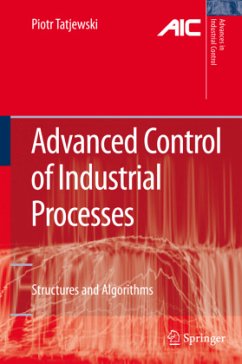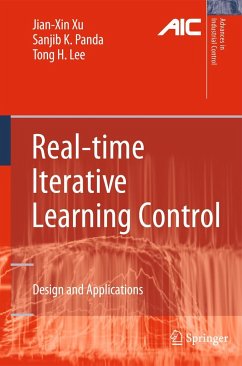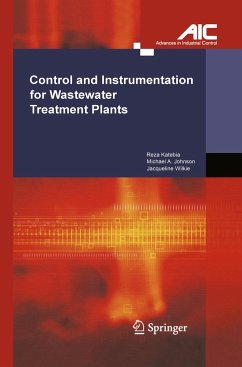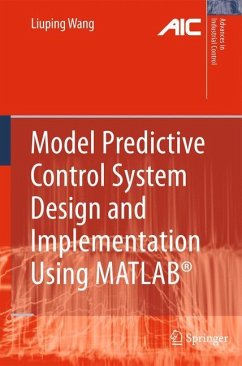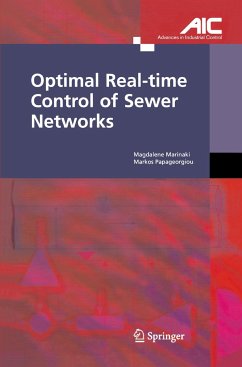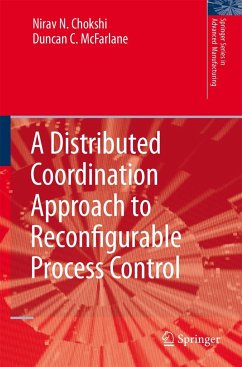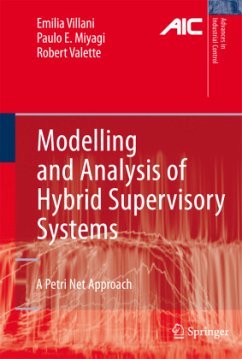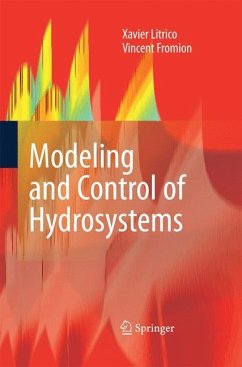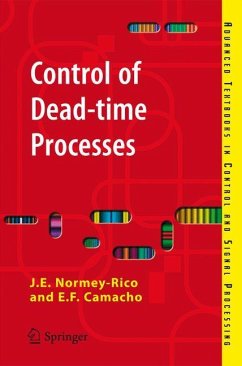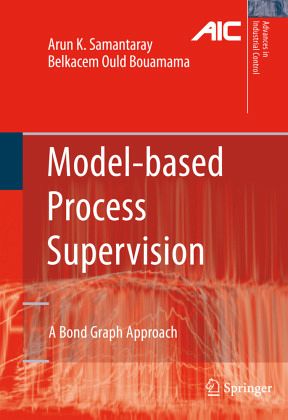
Model-based Process Supervision
A Bond Graph Approach
Versandkostenfrei!
Versandfertig in 1-2 Wochen
115,99 €
inkl. MwSt.
Weitere Ausgaben:

PAYBACK Punkte
58 °P sammeln!
This book provides control engineers and workers in industrial and academic research establishments interested in process engineering with a means to build up a practical and functional supervisory control environment and to use sophisticated models to get the best use out of their process data. Several applications to academic and small-scale-industrial processes are discussed and the development of a supervision platform for an industrial plant is presented.
The series Advances in Industrial Control aims to report and encourage technology transfer in control engineering. The rapid development of control technology has an impact on all areas of the control discipline. New theory, new controllers, actuators, sensors, new industrial processes, computer methods, new applications, new philosophies , new challenges. Much of this development work resides in industrial reports, feasibility study papers and the reports of advanced collaborative projects. The series offers an opportunity for researchers to present an extended exposition of such new work in all aspects of industrial control for wider and rapid dissemination. All evolving engineering disciplines first create a body of fundamental knowledge and then move on to new problem areas. Control engineering has now reached this level of maturity and is tackling new theoretical and applications areas. The field of nonlinear systems is receiving much research attention as are the problems of industrial supervisory control. The twin drivers of research into supervisory control are the use of new technology (computer networks and distributed sensor networks, for example) and the search for theoretical techniques to describe and solve supervisory control application problems.





